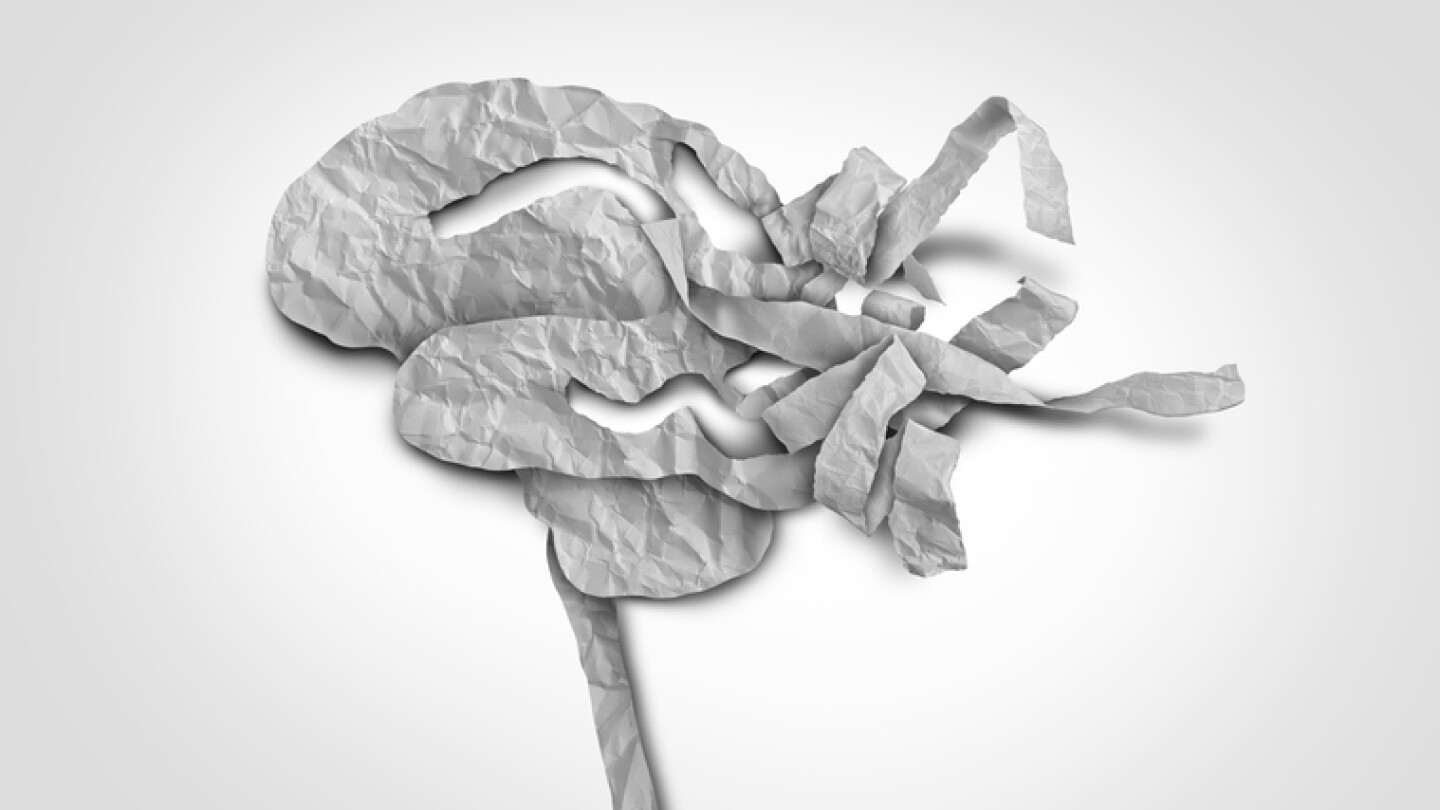Huntington’s disease
Recent breakthroughs and three decades of progress in treating Huntington’s disease
In the midst of regulatory and political upheaval, biopharma’s R&D engine kept running, churning out highs and lows in equal parts. Here are some of this year’s most glorious clinical trial victories.
Investor optimism has waned as final minutes from uniQure’s pre-BLA meeting with the FDA convey that data from the company’s Phase I/II studies of AMT-130 are “unlikely” to provide the primary evidence to support a biologics license application.
A month after sparking optimism for patients with Huntington’s disease with highly positive data for AMT-130, uniQure revealed Monday that the FDA may be changing its tune on the evidence required for an approval application, a change of direction Stifel called “very challenging” for uniQure.
Last month, “historic positive results” from uniQure’s gene therapy snapped the Huntington’s community out of years of failure. As the biotech prepares to submit for FDA approval, BioSpace looks at four more candidates on the near horizon.
Pivotal results from uniQure’s gene therapy for Huntington’s disease have brought new light to patients who have known only disappointment in recent years—but one expert worries that communication of the results is creating “false expectations.”
M&A headlined for a second straight week as Genmab acquired Merus for $8 billion; Pfizer strikes most-favored-nation deal with White House; CDER Director George Tidmarsh caused a stir with a now-deleted LinkedIn post; GSK CEO Emma Walmsley will step down from her role; and uniQure’s gene therapy offers new hope for patients with Huntington’s disease.
If approved, uniQure’s gene therapy AMT-130—which slowed disease progression by 75%—would be the first genetic treatment for Huntington’s disease. A BLA submission is planned for the first quarter of 2026.
VectorY Therapeutics will evaluate the use of SHP-DB1, a capsid developed by Shape Therapeutics, to deliver therapies to the brain, including VectorY’s developmental Huntington’s and Alzheimer’s disease treatments.
Analysts reacted positively to the news that uniQure is in alignment with the FDA on an accelerated approval pathway and on target for a Q1 2026 submission for its one-time gene therapy for Huntington’s disease—but patients have been here before.
PRESS RELEASES








